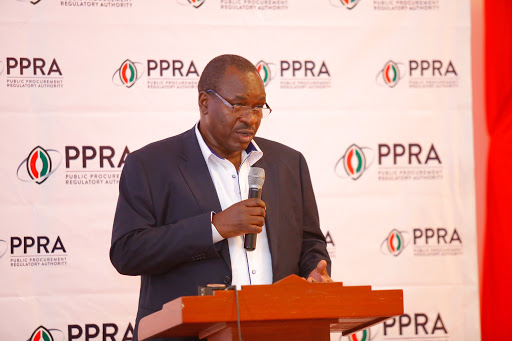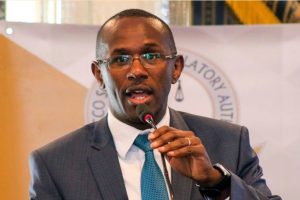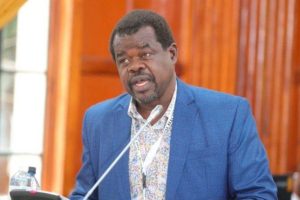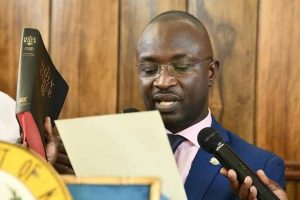
The government of Kenya (GoK) often makes promises to pay suppliers and those it owes every now and them, however, there are some things that has always made it hard for it to honor its promise.
Governments are a bore and bureaucracy is their first, middle and last name.
But that isn’t the problem at all, the problem comes when we have what we call deep state.
Deep state which is also known as a state within a state is defined as a form of clandestine government made up of hidden or covert networks of power operating independently of a state’s political leadership, in pursuit of their own agenda and goals.
This deep state often makes government to not do as the wish of common goodwill demands.
Then there’s state capture.
State capture is a type of systemic political corruption in which private interests significantly influence a state’s decision-making processes to their own advantage.
@PPOAKenya @CMAKenya have placed a doctored tender for a UPS skewed to a single supplier https://t.co/bKzCVwY7OQ pic.twitter.com/cOI1KebYzH
— Paul Ochwago (@MtarimboAsili) February 21, 2016
Let’s get straight to the point.
The GoK has been captured by powerful private interests more than before.
The first and foremost interest is that of the first family. The precedence has been set that it is okay to use state muscle to shove up private business.
This has in turn created an environment where everyone wants to do the above. ‘If the president’s family is doing it, why not me’. And so the game continues.
According to a high placed source, the GoK is captured this way: a company A wins contract to construct a planned infrastructure project (my example will be based on a company winning through competitive bidding)
The money is available, let’s say Ksh1 billion, but before it is released for use, the Cabinet Secretary (CS) needs a cut, so Ksh100 million is paid so as to speed up the process of a payments approval.
The Ksh100 million will be shared with the high office. However, the money isn’t enough.
To pass through the other checks and balances, such as people in the legislature, the relevant National Assembly Committees, the company will need at least another Ksh50 to Ksh100 million to bribe its way out.
Then there’s the Public Procurement Regulatory Authority (PPRA) who will ‘sponsor’ one of the losing firms to lodge a complaint, because as it stands the MD cannot have eaten alone in awarding the tender, so a letter of complaint is written and PPRA puts the tender award on freeze.
To unstuck the process from the PPRA, one will need at least Ksh10 to Ksh20 million.
On bad times, some officials at PPRA might feel shortchanged and so to delay more, the losing firm might be prompted to go court.
This is where the other money is chewed
In the end, the Ksh1 billion job might have a deficit of Ksh300 million, taken by bribes. This affects the top to the bottom level of the state.
Now, the firms which are ‘poor’ and can’t afford the bribes, their projects stall and they then become a punching bag of social media and parliamentary accounts committees.
The ABC of procurement in Kenya pic.twitter.com/gKL3mHCS
— Gado Cartoons (@iGaddo) August 15, 2012
So, the government’s promise to pay suppliers by next week should be taken with a pinch of salt.
Uhuru Kenyatta cannot fight corruption because he is the greatest beneficiary of corruption and he is captured together with the state.
Family interests have made Kenya run aground and it is painful that this is happening.
















